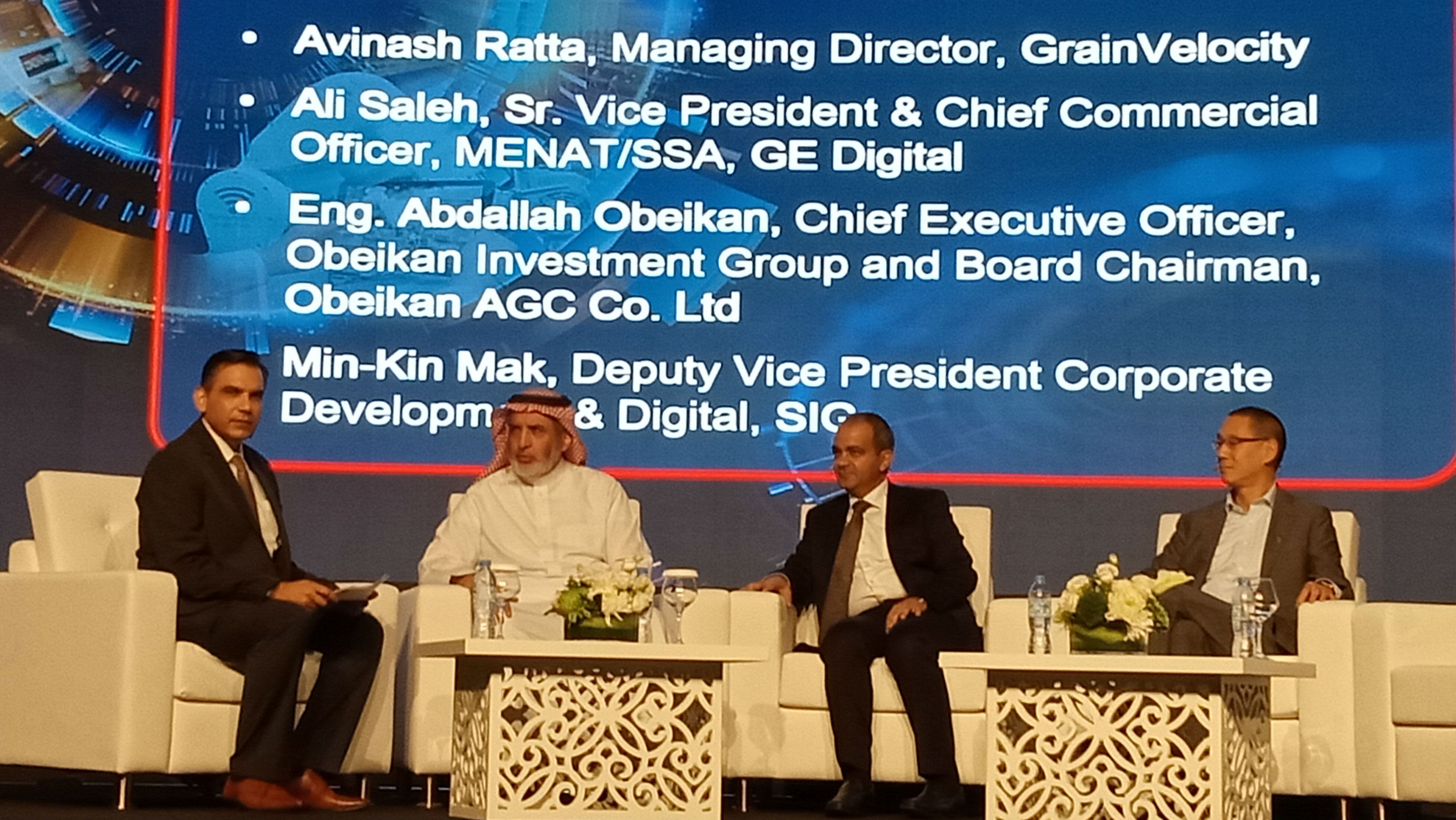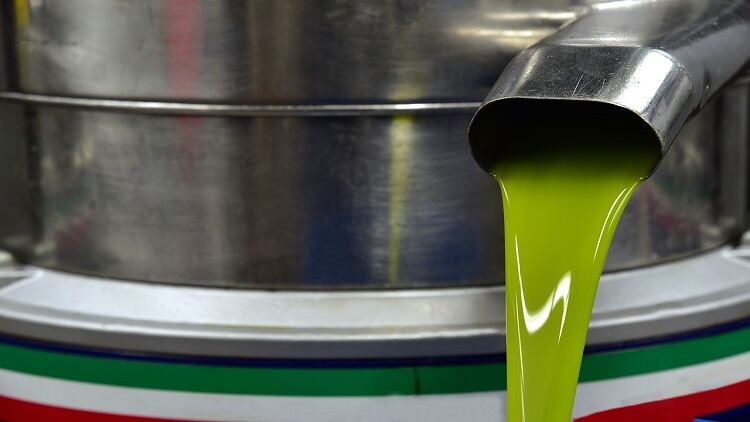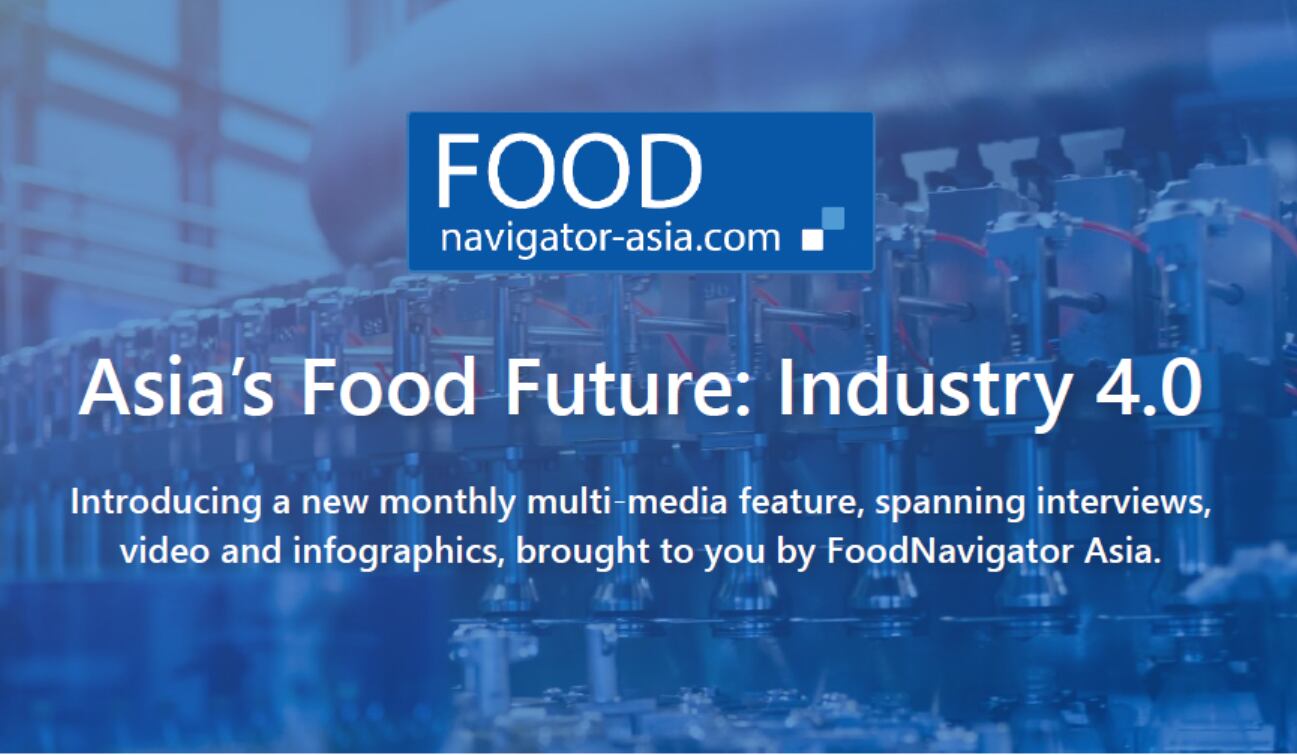The company shared its experience working with General Electric and aseptic food and beverage packaging provider SIG in digitalising its factory during a panel discussion held in Gulfood Manufacturing.
Titled “Digital in the Real World: Implementing Solutions in F&B IIoT (Industrial Internet of Things)”, the panel discussion involved moderator Avinash Ratta, MD of Grain Velocity, Abdallah Obeikan, the CEO of Obeikan Investment Group and board chairman of Obeikan AGC, Ali Saleh, senior VP and CEO at General Electric Digital (MENA/SSA), and Mak Min Kin, deputy VP at SIG (Corporate Development).
Asked his experience in implementing digital transformation in his factories, Obeikan said that connecting the machines was the most difficult part.
“For a start, we say get connected, get insights, get automised. Getting (machines) connected is the most difficult part.”
“Second, we did not start from a big scale…We have been using food logistics applications to automise and automate our shipping to our customers. We have used it for six months for our own needs and now for our customers. We have spare parts, we also have the smart control to integrate multiple systems. Today we have three ERP, SAP, Oracle connected to our machines.”
He said the factory was moving towards achieving an auto-pilot operation.
Last month, SIG Combibloc Obeikan's (SIG-CBOB) - a collaboration between Obeikan and SIG, has opened a new Innovation and Reliability Centre (IRC) in its Dubai HQ. The IRC will leverage on connectivity between IT and shop floor operations.
The reliability zone of the centre monitors and evaluates the performance of all SIG-CBOB's production lines across the entire clusters, hence enabling the remote control of services.
The IRC will also deliver solutions which combine the state of art technology, connectivity, and smart packs for food and beverage manufacturers.
SIG-CBOB has also developed product innovation and differentiation; connected packs; and smart factory to attend to the core challenges of its customers.
“We have 200 filling lines for dairy and juice in the whole region and we are starting to connect 100 machines now. This centre will support, monitor, fix, and also train our customers across the region,” Obeikan said.
SIG to connect 600 machines
As for aseptic food and beverage packaging provider SIG, it said it would be connecting 600 machines as part of its digitalisation effort in the next two years.
It is working with GE to do so.
The firm started to think of action plans to digitise its operation about two years ago, Mak said, which culminated into two main plans, including the need to implement smart factories and the internet of packaging. It eventually engaged GE to do so.
“We realised we could take big steps forward if we could combine the two different elements that GE has in its portfolio."
“One is assets performance management, meaning to deliver data and analytics to improve machines. The other is to join and integrate things to optimise service operation."
“So after discussions with GE, we came to the conclusion that integration of these two elements will be of much value to our customers and ourselves. In the next two years, we are going to connect about 600 machines.”
Many companies not ready: GE
Unlike Obeikan and SIG, most companies are not ready for digital transformation, according to GE.
“A lot of companies are not ready for digital transformation. They treat you like a supplier…They are not able to think about the combination of IT and OT together and the impact they have for the margin and the bottom line,” Saleh pointed out.
Factory owners were mainly concerned about delivery yield, ways to improve quality and reap higher margin, he added.
“Five years ago, we put all our software engineers and look at all the factories, and (think about) what we need to do for factories to digitise, and we found that factory owners are concerned about delivery yield, how to improve quality and margin. Labour productivity is thus important.”
The future of IoT
Asked the future of digitalisation, specifically the use of IoT, Saleh said that changing consumer habits would drive factory digitalisation.
“When you think about future, you need to think about what we call the 'connected empowered consumer', (he/she) is the consumer that’s getting (his/her) goods home without necessarily going to the supermarket.”
“With smart packaging, the beverage manufacturer (for example) is able to know the demand and forecast production amount without waiting for the supermarket to inform them."
“This takes us back to the factory, it has to do with us connecting the data and doing something meaningful."
“In return, the packaging industry is optimised and this will lead to innovation within the factory and this is all back to about becoming more connected.”



